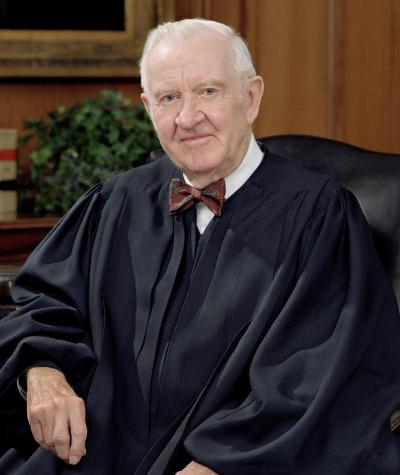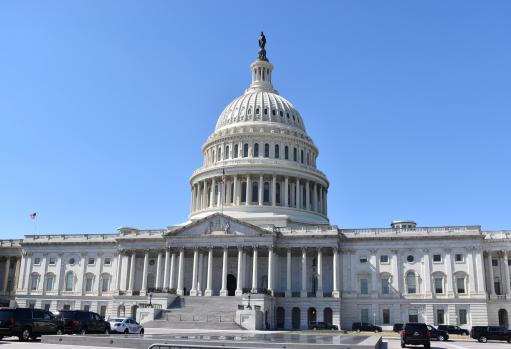It is with great sadness that we at Campaign Legal Center hear of Justice John Paul Stevens' passing and reflect on his important legacy on democracy preservation.
Justice Stevens authored the dissent in Citizens United (2010), the infamous case overturning longstanding precedent preventing corporate spending on elections. Justice Stevens rightly saw that corporations are not members of society with all of the same rights as individuals. He argued that there are sometimes compelling governmental interests in limiting the ability of corporations to spend unlimited amounts of money from their deeper pockets to influence elections. He called the Court's decision that day “a rejection of the common sense of the American people” and recognized it as a grave threat to our democratic system.
Justice Stevens was likely the most consistent opponent of partisan gerrymandering on the Court. In the 1986 case Davis v. Bandemer, Indiana Democrats challenged the state’s apportionment plan on political gerrymandering grounds. Justice Stevens disagreed with the majority’s conclusion that the apportionment law’s discriminatory effect on Democrats was not “sufficiently adverse” as to violate the Equal Protection Clause, and that the lack of proportional representation was not an unconstitutional diminution of the Democrats’ electoral power.
In 2000, Justice Stevens again demonstrated his deep concern for the health of our democracy when he authored a dissent in the famous Bush v. Gore case that stopped the Florida recount of the presidential election. His dissent made clear his concern that the election’s legitimacy would be thrown into question with the recount blocked.
Justice Stevens was not always so clearly on the right side of every voting rights case. In 2008, he authored the Court’s opinion in Crawford v. Marion County Election Board, which opened the door for states to pass strict voter ID laws and other suppressive measures disguised as efforts to improve election security. However, his narrow argument may have stopped a more extreme one authored by Justice Scalia from being the controlling opinion in this case. Justice Stevens later expressed some remorse for his part in Crawford’s majority, calling it a “fairly unfortunate decision.” He was joined in that regret by Seventh Circuit Judge Richard Posner—who “plead guilty to having written the majority opinion” and said his decision was “absolutely” wrong.
Even after his retirement, Justice Stevens remained invested in voting rights issues. He condemned the Shelby County v. Holder (2013) decision, which struck down Section 4 of the Voting Rights Act, an important check on historically racially discriminatory districts. He also wrote a book, Six Amendments: How and Why We Should Change the Constitution, in which he called for constitutional amendments to end gerrymandering and impose reasonable limits on campaign contributions.
Justice Stevens’ legacy as an independent thinker and protector of our democratic processes will not be forgotten.

